Now Reading: Shark Tank Failed Pitches That Became Massive Business Successes
- 01
Shark Tank Failed Pitches That Became Massive Business Successes
Shark Tank Failed Pitches That Became Massive Business Successes
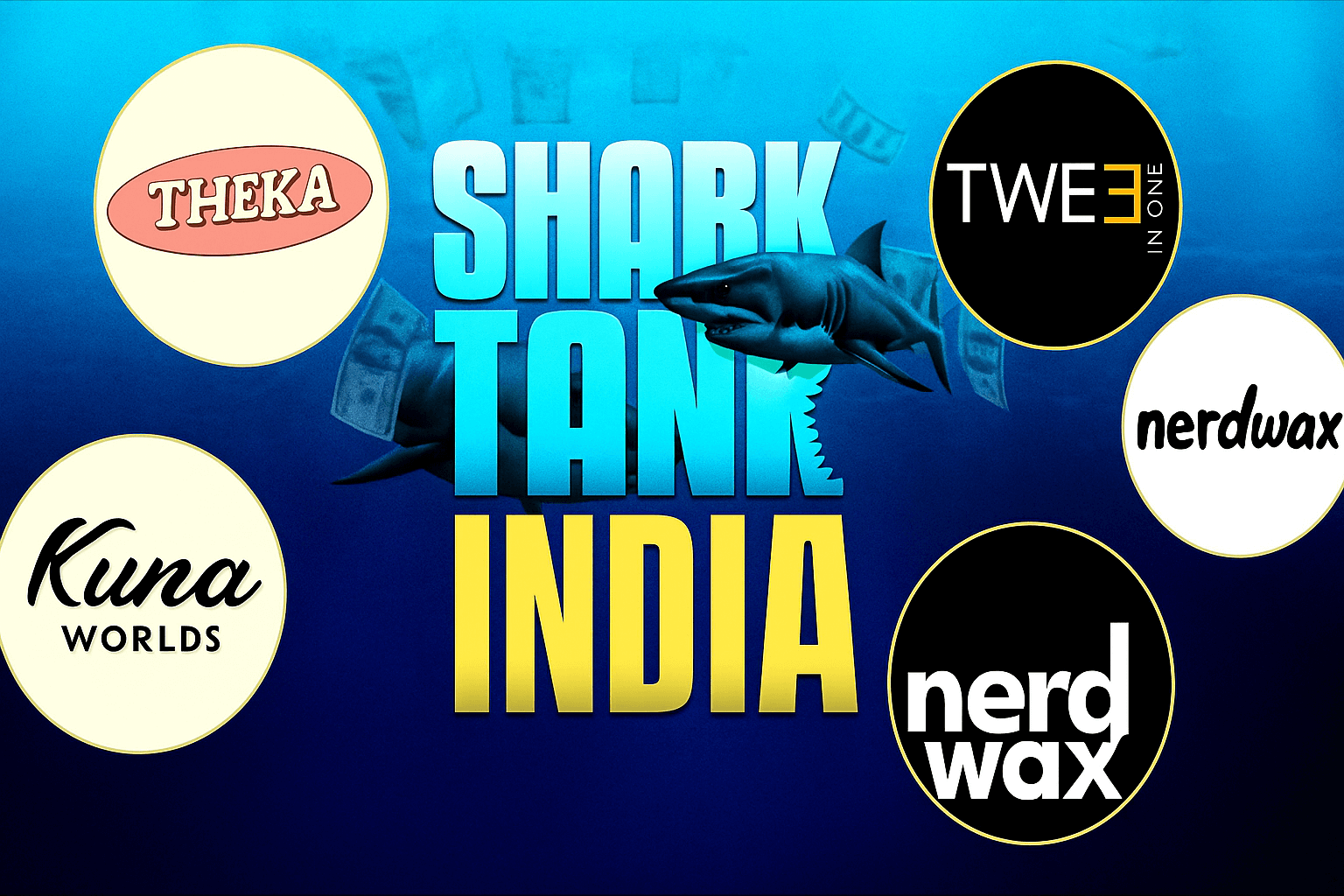
Shark Tank is a pressure-cooker environment where hopeful entrepreneurs pitch their ideas to seasoned investors. For some, it’s a golden ticket. For others, it’s rejection. But in many surprising cases, Shark Tank failed pitches have gone on to achieve remarkable success—proving that sometimes a “no” from the Sharks can lead to a bigger “yes” from the market.
This article explores several Shark Tank pitches that were initially rejected but later built thriving, often multi-million-dollar businesses.
Table of Contents
Why Shark Tank Failed Pitches Can Still Succeed
1- Visibility Over Victory
Even when investors decline, the exposure from Shark Tank is immense. Millions of viewers see each pitch, often resulting in huge traffic spikes, sales surges, and media attention. For many founders, this is more impactful than a check.
2- Strategic Independence Pays Off
In several cases, entrepreneurs rejected offers because they didn’t want to give up excessive equity or control. While this was risky, it ultimately gave them the freedom to pursue better opportunities and stay true to their vision.
International Shark Tank Failed Pitches That Went Big
Let’s explore some of the most inspiring Shark Tank failed pitches that turned into success stories.
1- Ring (formerly DoorBot)
- Founder: Jamie Siminoff
- Pitch: Video doorbell system
- Ask: $700,000 for 10%
- Outcome: No deal
- Post-Tank Success: After being rejected, Siminoff went on to secure investments from Richard Branson. In 2018, Amazon acquired Ring for over $1 billion. Ironically, it became one of the most successful businesses ever pitched on the show—even though the Sharks passed.
2- Kodiak Cakes
- Pitch Year: 2014
- Ask: $500,000 for 10%
- Sharks’ Concern: Traditional pancake mix with little perceived innovation
- Outcome: Declined Shark offers
- Today: Kodiak Cakes now earns over $200 million annually, and its high-protein pancake mix is a staple in grocery stores across the U.S.
3- The Lip Bar
- Founder: Melissa Butler
- Year: 2015
- Pitch: Vegan, bold-colored lipstick
- Sharks’ Feedback: Unmarketable—one Shark compared it to “clown makeup”
- Aftermath: Melissa grew the business without their help, eventually landing deals with Target and Walmart. The Lip Bar is now worth over $7 million and a symbol of persistence.
4- Chef Big Shake (CBS Foods)
- Founder: Shawn Davis
- Product: Shrimp burgers
- Ask: $200,000
- Sharks Said: Not scalable
- Reality: Davis went on to raise private capital and grew the business to over $5 million in annual revenue—just a year after the pitch aired.
5- Rocketbook
- Concept: A smart reusable notebook synced with the cloud
- Pitch Year: 2017
- Sharks’ Issue: Niche product, market uncertainty
- What Happened? Rocketbook raised over $1.8 million via crowdfunding. In 2020, BIC acquired the company for $40 million.
6- Nerdwax
- Product: Natural wax to keep glasses from slipping
- Ask: $80,000 for 20%
- Rejected: For lacking scalability
- Post-Tank Growth: They hit nearly $1 million in revenue within 12 months of airing—without any outside investment.
Shark Tank failed pitches in India that surprised everyone
1- Pandurang Taware – Agri-Tourism India
- Pitch: Agro-tourism platform
- Ask: ₹50 lakhs for 5%
- Outcome: Rejected
- Today: The company is now valued at over ₹40 crore, thanks in part to a post-show investment by Namita Thapar.
2- Moonshine Meadery
- Pitch: India’s first meadery
- Ask: ₹80 lakhs for 0.5%
- Sharks Declined: Due to valuation concerns
- Current Status: Operating across India and valued at around ₹160 crore.
3- Qzense Labs
- Pitch: AI-based food freshness detection
- Ask: ₹1 crore for 0.25%
- Rejection: Limited traction
- Success: Later featured in Forbes Asia’s 100 to Watch, and expanded internationally.
4- Keto India
- Ask: ₹1.6 crore for 1.25%
- Post-Rejection: Rebranded as Livofy, grew in the wellness space, and raised funding independently.
5- Theka Coffee
- Pitch: Cold brew coffee in tap-style bottles
- Outcome: No investment
- Now: Expanded to over 30 outlets in India with outside funding and growing brand recognition.
Key Lessons from Shark Tank Failed Pitches
1- Rejection Isn’t the End
Every successful startup on this list faced public rejection—and still succeeded. Founders leaned into customer validation and refused to be defined by one pitch.
2- Know Your Worth
Many deals are declined because they undervalue the business. Understanding your own equity, margins, and scalability can help you navigate investor offers with confidence.
3- Leverage Exposure
Founders who prepped their websites, social channels, and inventory often capitalized on post-airing traffic better than those who didn’t. The “Shark Tank Effect” is real—even without investment.
4- Stick to Your Vision
Whether it’s a smart notebook or vegan lipstick, these founders stayed loyal to their product and customer. Long-term vision > short-term validation.
Conclusion: Failure Can Be Your Best Business Decision
The phrase “failure is a stepping stone to success” fits perfectly in the world of Shark Tank failed pitches. Entrepreneurs who stayed true to their mission, honed their business models, and built loyal audiences often found greater success outside the Tank.
Remember, a “no” on Shark Tank is not the end—for many, it was only the beginning.
FAQs ❓
Q1. Why do some Shark Tank pitches fail but still succeed later?
They often gain mass exposure, refine their product, and attract other investors or customers who believe in their mission.
Q2. Are failed Shark Tank businesses ever more successful than winners?
Yes. Ring, Kodiak Cakes, and Rocketbook—all rejected—later became multi-million or billion-dollar brands.
Q3. Can Indian startups also succeed after Shark Tank India rejection?
Absolutely. Companies like Moonshine Meadery and Agri-Tourism India have shown significant growth after being turned down.
Q4. How should founders prepare for rejection on Shark Tank?
They should build a solid digital presence, understand their financials, and prepare to capitalize on exposure, regardless of the outcome.



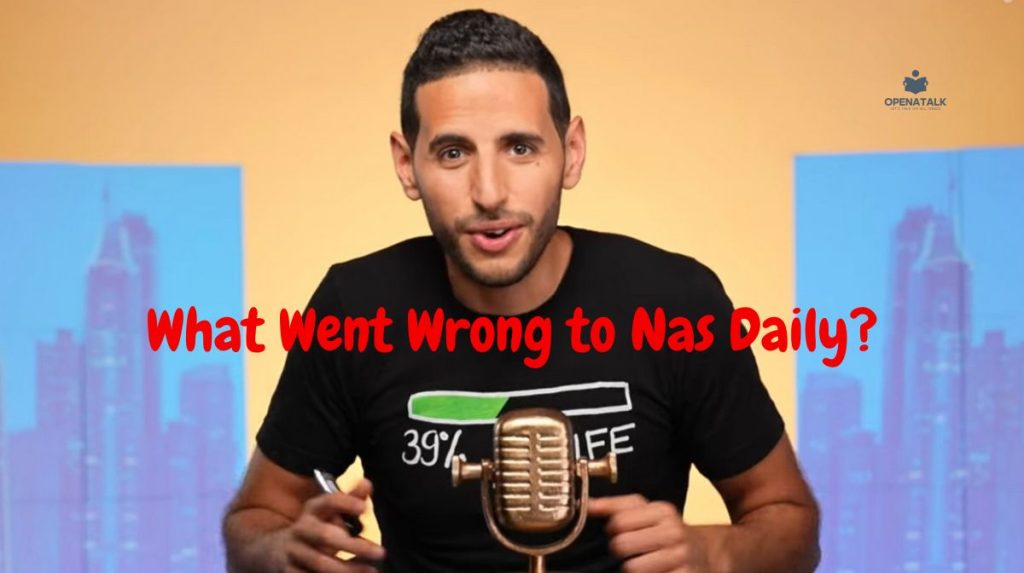
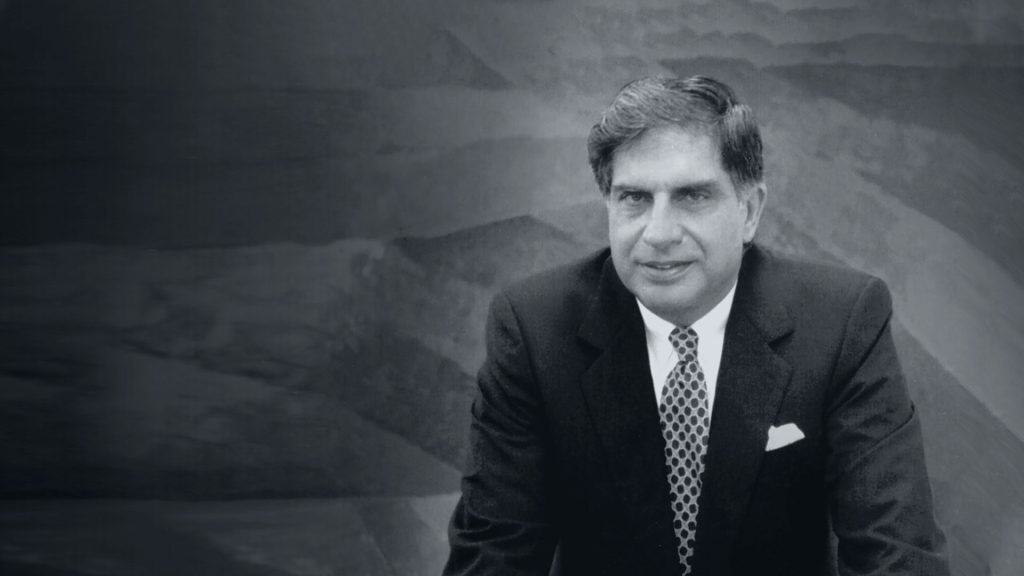

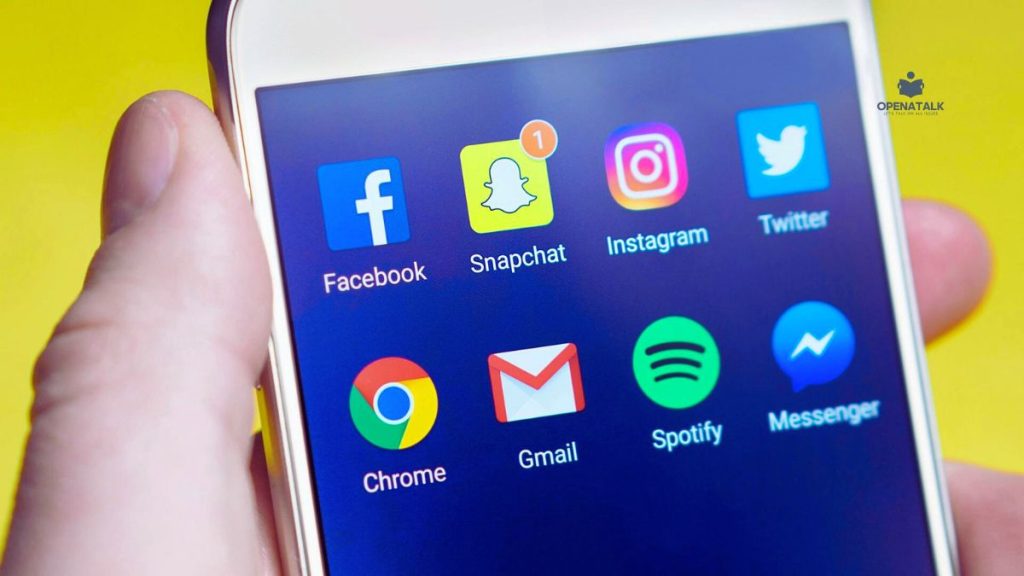




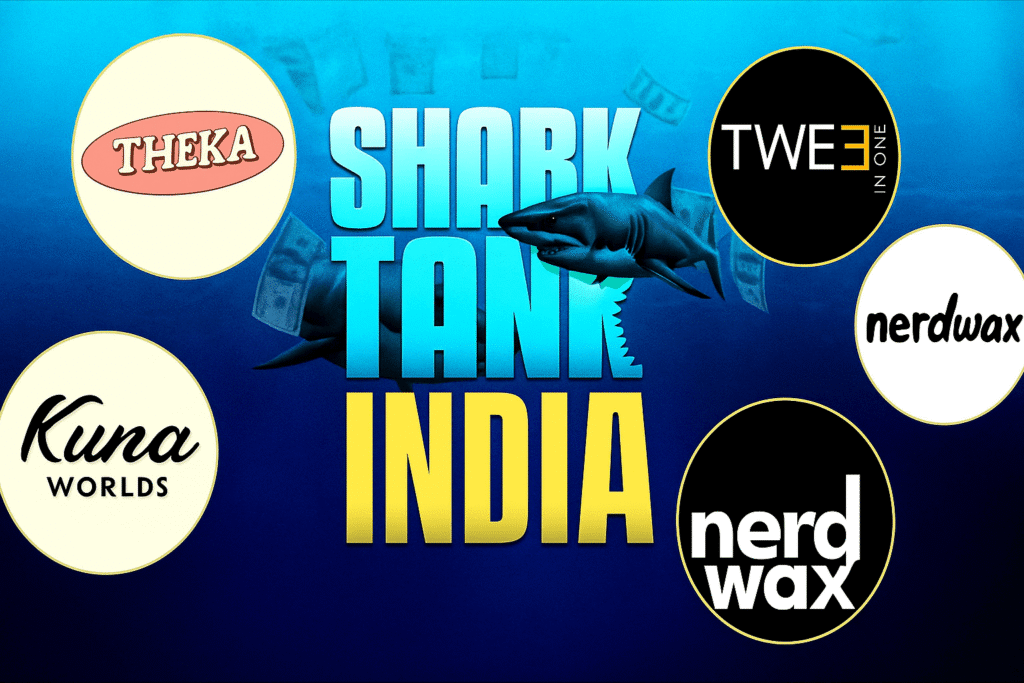


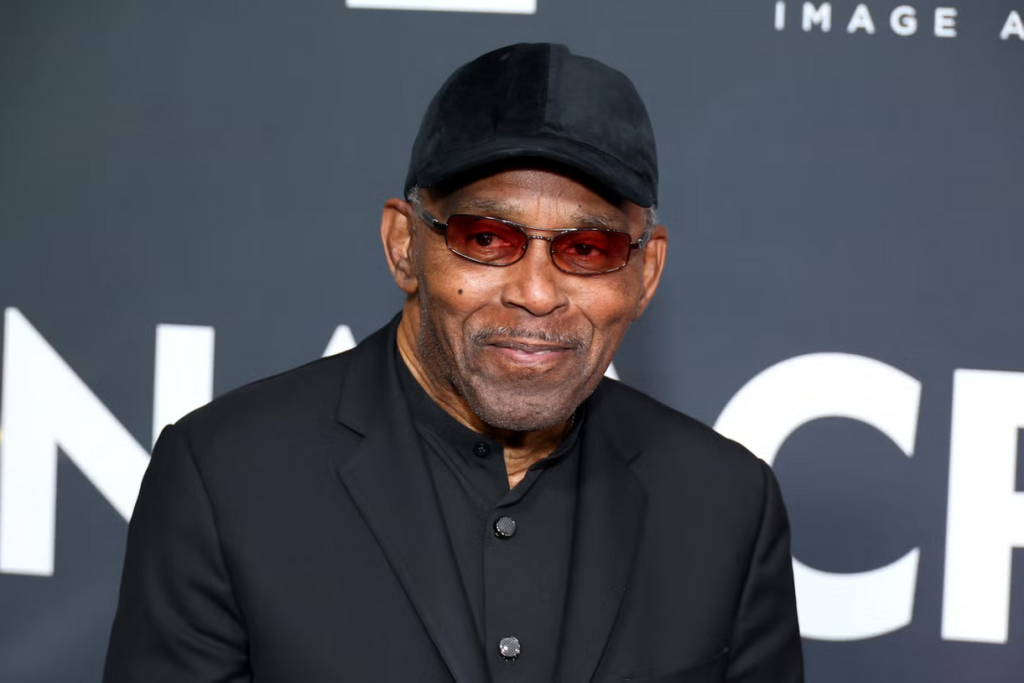
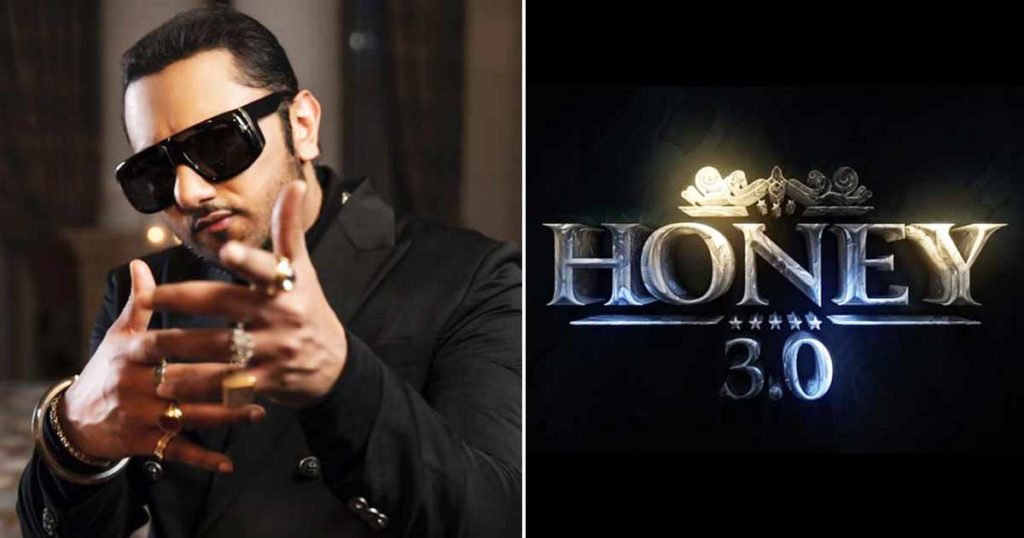
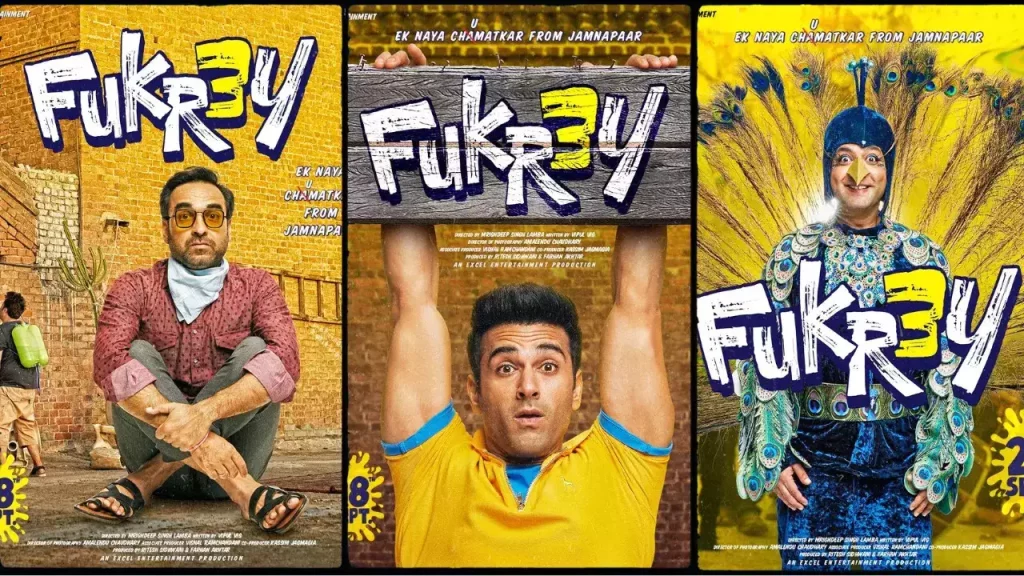



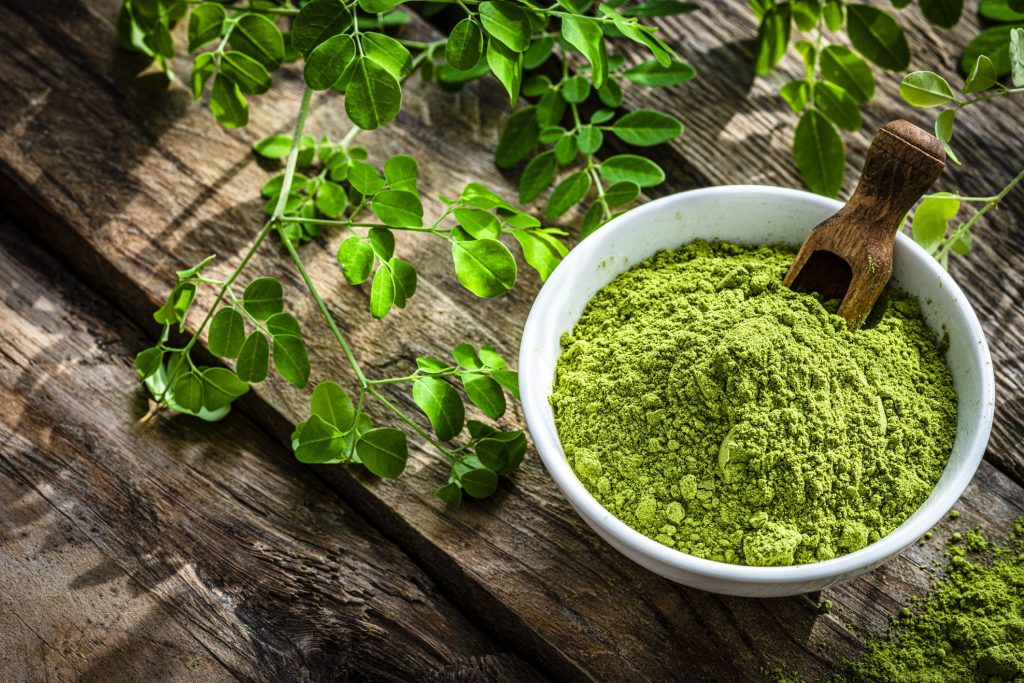











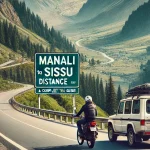

















zoritoler imol
You can definitely see your skills in the work you write. The world hopes for more passionate writers like you who aren’t afraid to say how they believe. Always follow your heart.